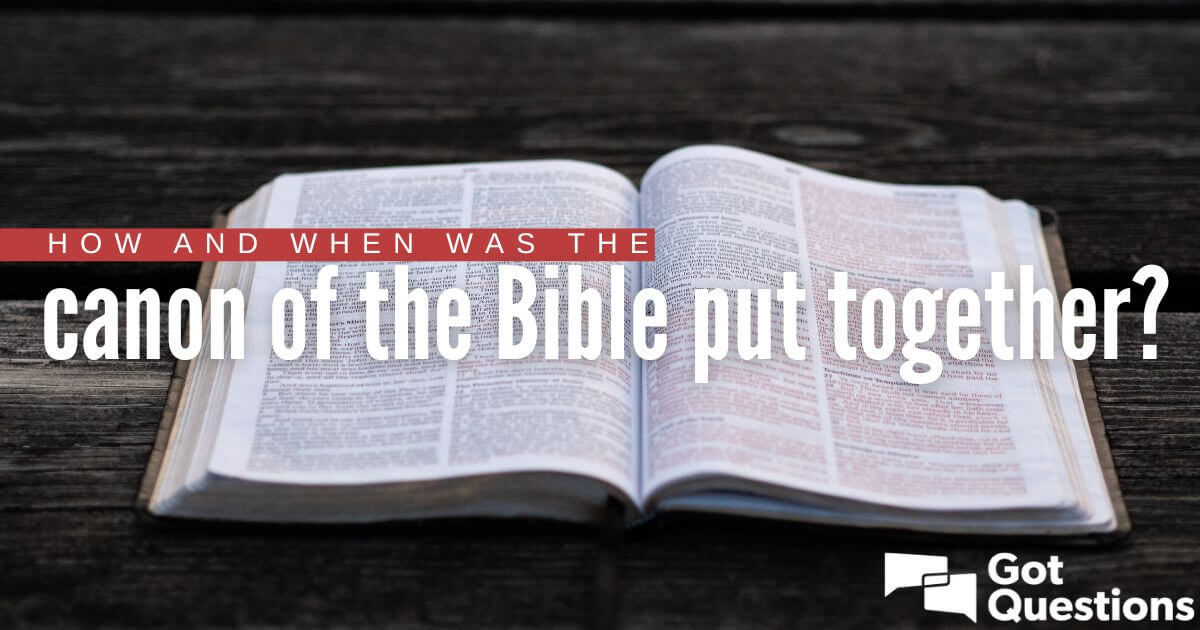We'd have to discuss the traditional beliefs and practices...
Some I cannot agree with.
In its rush to dismiss everything Catholic, the reformers changed everything that was known till that time.
Some practices did need to be abolished --- I do believe others were abolished for the sole purpose of denying agreement with the CC.
Then we got "Calvinism" out of this, and it was so wrong and damaging that most did not agree with its doctrine and more and more different denominations came into existence. I believe Zwingli started this....can't remember very well. I do know that splits began immediately.
So, yes, I'd agree that the bible should be the number 1 authority....
But, apparently, we have a problem with deciding which verse means what.
I also believe that, if there is some debate, we should go to the writings of the Apostolic and ECFs since they knew the Apostles and surely learned what they knew from them.
IOW...maybe not everything is in the N.T.?
Again, I post
John 21:25
25And there are also many other things which Jesus did, which if they were written in detail, I suppose that even the world itself would not contain the books that would be written.








